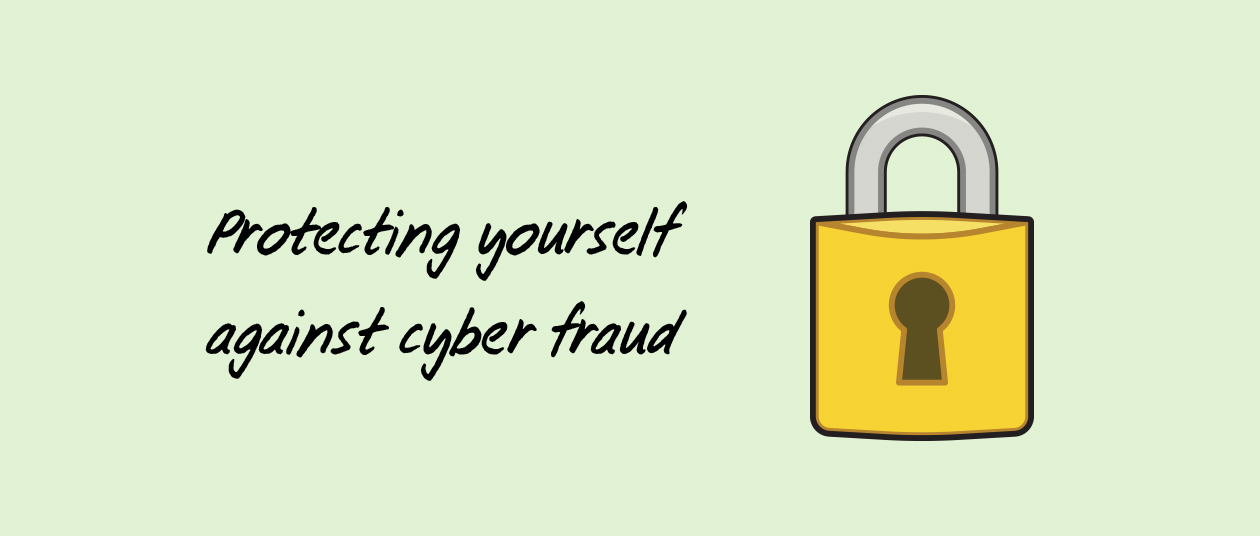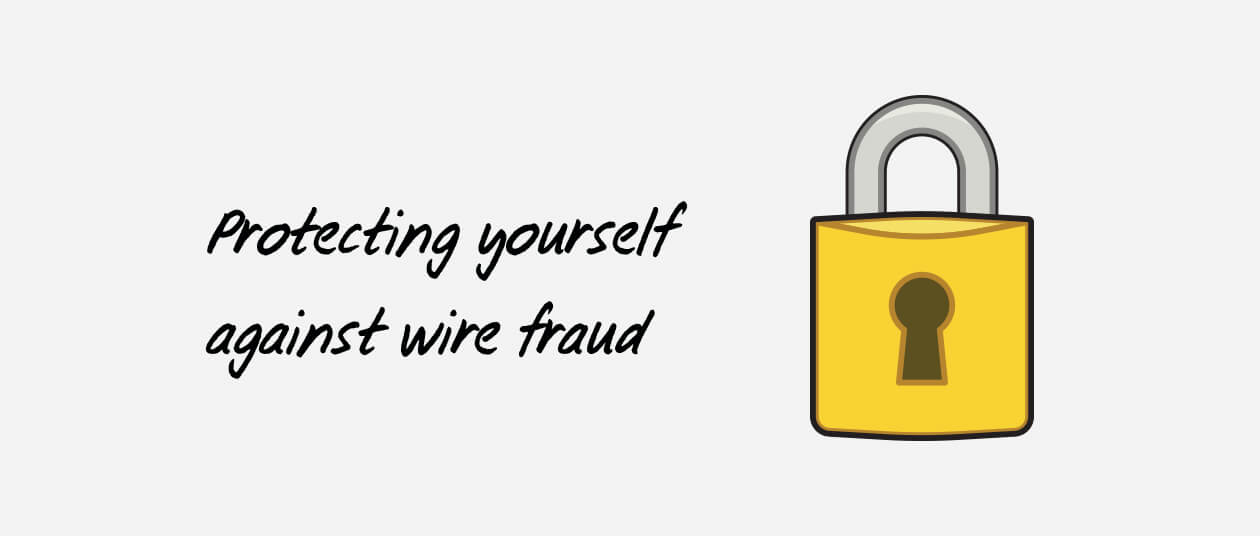Remember the early days of the internet? And how it felt waiting for your sibling to finish their phone call so you could connect to the dial-up to chat online with your friends? Well, those days are past us as we’ve thankfully upgraded our internet and computer systems. Hello smartphone. But fraudsters have also upgraded their abilities to conduct their crimes.
Cyber fraud is a serious crime.
Cyber fraud can refer to any kind of fraud that takes place electronically. This includes things like unauthorized e-Transfers, bill payments and even transfers between customers at financial institutions.
What are some red flags to look out for?
Look out for phishing attempts such as unusual emails, texts, or phone calls asking for your personal banking information. Remember, Coast Capital Savings and other financial institutions will never ask for your online banking personal access code or other personal details in this manner.
If you’re on a suspicious looking website, you might see pop-ups asking you to log in to online banking as well as offers of prizes, jobs or sometimes even investments.
What if you’ve shared your personal banking information or other details?
Definitely contact Coast Capital Savings or your financial institution right away as well as report it to your local police or RCMP. We’re here to help you and don’t hesitate to reach out to us.
What are some examples of the most common types of cyber fraud?
Another example is e-Transfer fraud where the fraudster accesses your online banking account and sends money to a different financial institution via an email money transfer.
What are some trends, or new things fraudsters use in the cyber fraud world?
Fraudsters will often impersonate trusted institutions like Revenue Canada or Canada Post over the phone, email, or texts in an effort to get you to disclose personal details.
What do members need to know?
There are four key things you need to remember:
- Keep your computer and mobile device software up to date.
- Only access online banking on trusted devices and networks.
- Do not disclose your personal access code to anyone.
- Only communicate with government agencies and financial institutions via trusted channels where you initiated contact.
Remember, if you have any questions don’t hesitate to reach out to us for some help.



